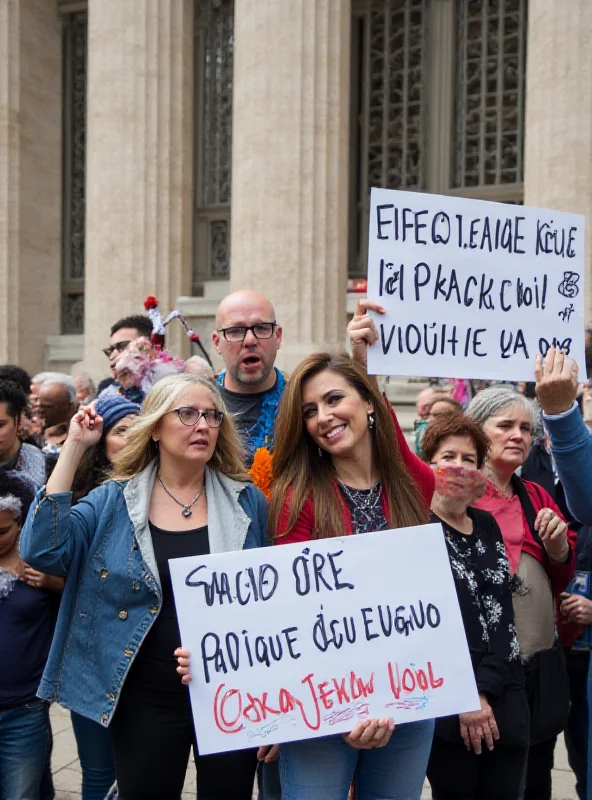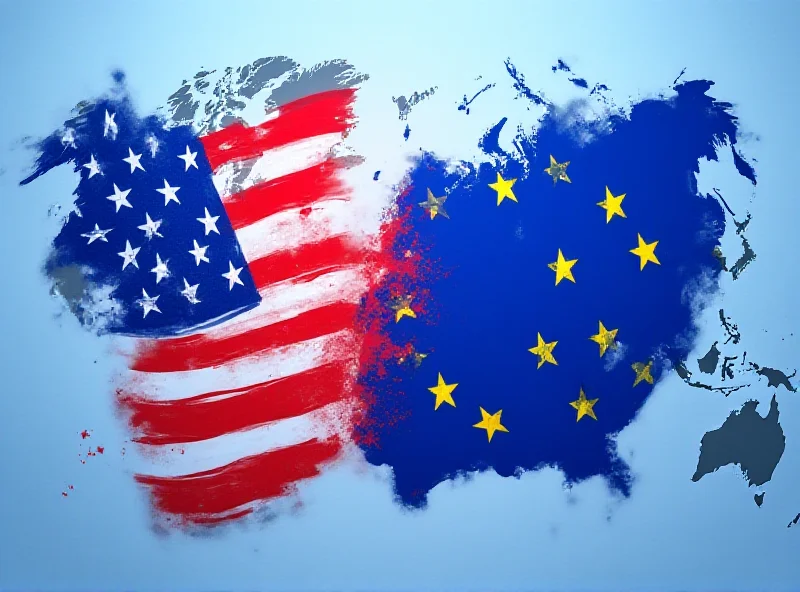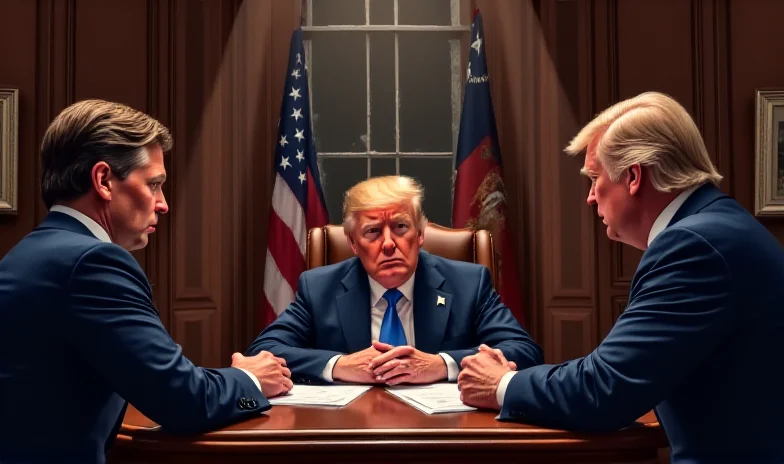The global political landscape is constantly shifting, and recent headlines highlight some key areas of rising tension and controversy. From a reported confrontation in the Oval Office to debates over disability rights and international relations, here's a look at some of the most pressing political stories.
Trump and Zelensky Clash in Oval Office
A reported five-minute confrontation between former US President Donald Trump and Ukrainian President Volodymyr Zelensky has surfaced, attracting significant attention. According to reports, Trump, allegedly aided by J.D. Vance, silenced and escorted Zelensky out of the Oval Office. A video of the incident is reportedly circulating, adding fuel to the already complex relationship between the two countries. "It was not a diplomatic masterpiece," commented Italian politician Foti, reflecting on the encounter. 
Argentina's Disability Rights Controversy
In Argentina, President Milei's recent decree reinstating derogatory language to describe people with disabilities has sparked outrage. The decree removes references to the United Nations Convention on the Rights of Persons with Disabilities, a move widely condemned as "outrageous" and "shameful" by local associations and critics. This decision marks a significant step back in disability rights and has ignited a fierce debate within Argentina and beyond. 
Italian Magistrates Strike
Italy is facing disruption as magistrates and prosecutors participate in a widespread strike, with reported participation reaching 80%. The mobilization, organized by the ANM, highlights concerns over judicial independence and autonomy. ANM Secretary Maruotti stated, "We do not negotiate on independence and autonomy," emphasizing the core principles at stake. The strike coincides with ongoing discussions about career separation and potential reforms for prosecutors, adding further complexity to the situation.
EU-US Relations Under Scrutiny
Tensions between the United States and the European Union are also under scrutiny. Forza Italia has cautioned Lega against creating further strain, while Salvini has criticized what he perceives as "bellicose tones" emanating from Brussels. The Italian vice-premier emphasized the need for Italy to work with the United States to secure peace, reflecting a desire to maintain strong transatlantic ties amidst growing global uncertainty. 
These headlines paint a picture of a world grappling with political challenges, from individual encounters to broader debates over rights and international relations. As these stories continue to develop, it will be crucial to monitor their impact on the global stage.
